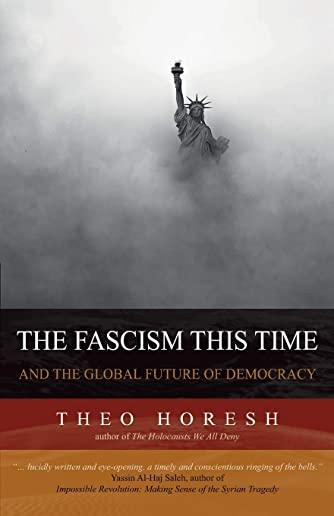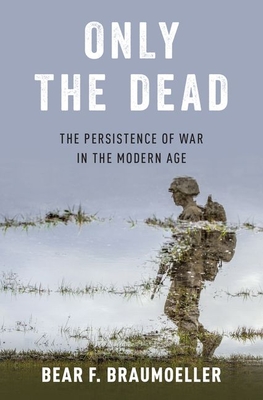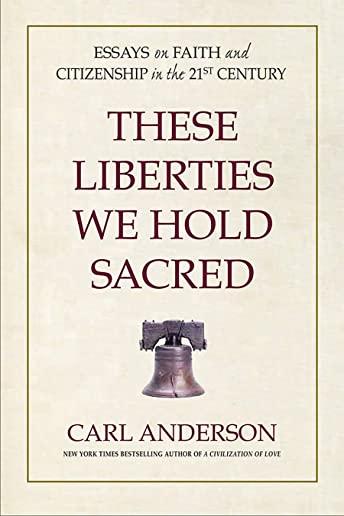
description
9"Horesh's perceptive and thoughtful views on fascism are in the great tradition of past works by Orwell, Albert Camus, Hannah Arendt and Henry Thoreau." Andy Heintz, author of Dissidents of the International Left A new wave of fascism is inundating the world under the guise of rightwing populism, but the fascism this time has little to do with taking down elites-and it is every bit as dangerous as the fascism last time. Fascism can be identified by its toxic brew of racism, sexism, ethnonationalism, and authoritarianism. It is organized around a cult of personality, and it mobilizes ressentiment in senseless acts of nihilism. Fascist movements are dangerous because they harness nationalist aggression against minorities, but their subtler danger lies in their turn against reality. They reject science and rationality because they are seen as a threat, and since the world cannot be turned off, fascists try to tear it down instead. Fascists seek, in the words of Erich Fromm, to escape the burden of freedom and return to the mythologized bonds of patriarchy. Yet, in a vast and complex world, where survival requires adaptation and adaptation flexibility, their forced regression always ends in destruction. In this way, fascism is not simply a reaction to globalization but a nihilistic assault on the world itself. The destruction can be witnessed in the disastrous response of fascist leaders the world over to the coronavirus and the recent explosion in crimes against humanity. The Fascism This Time elucidates a psychosocial model of fascism which predicted that Trump's election would lead to an accelerated assault on democratic institutions, a global increase in authoritarianism, immigrant concentration camps, the starvation of Yemen, and an effort to maintain power by force. Yet, the fascism this time is global, and putting a stop to it will require a global democracy movement that is only just getting underway. This book is a highly original account of how the fascism this time is tied to the overwhelming challenges with which the world is now faced. Its warning about the dangers of denial is reminiscent of Timothy Snyder's, On Tyranny, while its insights into the nature of mass movements harkens back to Eric Hoffer's, The True Believer. It is a sweeping defense of democracy, and a classic testament to resistance, inspiring action and reflection, and sparkling with insights, in the perennial tradition of Hannah Arendt and Alexis de Tocqueville.
member goods
No member items were found under this heading.
Return Policy
All sales are final
Shipping
No special shipping considerations available.
Shipping fees determined at checkout.







